![]()
» Referendum and Posing Two Questions
The editorial of Etemad newspaper deals with holding a referendum in Iran – an issue that was raised by Iranian President Hassan Rouhani in his speech on the anniversary of Iranian Revolution. Some of media activists critical of Iranian government immediately reacted to it, while criticizing and even slandering it.
According to the editorial, it is written in Article 59 of Iranian constitution: “In considering vital economic, political, social, and cultural issues, it is possible that the legislative power be exercised through referendum or reference to direct public vote. The request to appeal to public votes must be approved by two-thirds of the entire representatives of the Assembly.” Article 59 shows that referendum is not confined to ratification of the constitution but is one of the methods of the legislative branch.
The editorial continues: even though holding a referendum every day or every year is not possible, how come that in past 40 years there has never been an important economic, political, social, and cultural issue worthy of holding a referendum? How is it possible when everybody knows that Iranian society has faced vital overwhelming challenges and issues in past 40 years?
The editorial concludes with posing two questions: perhaps those who are against the referendum believe that so far there has been no such issue requiring implementation of Article 59. Then they have to answer two questions clearly. First of all, what is the basis for such a claim? Right now, issues such as the price of fuels, paying subsidies, censorship, approbatory supervision, free access to information, and legal limits of hijab are crucial issues that can be presented to people in the form of legislation so that people can approve or refuse them. The second question is if opponents of referendum believe that none of the abovementioned issues are worthy of the referendum, then they should provide examples of cases in which there is a need for holding a referendum for resolving issues.
An Editorial in Etemad on February 14, 2018
» Why did Reformists turn into Conservatives?
This editorial is a criticism of reformists in Iran. The editorialist believes that reformism in Iran, like other political concepts, has nothing to do with its real sense of the word. Namely, reformism does not go through fundamental changes, preferring gradual cultural changes to political or economic ones. As a matter of fact, Iran’s reformists are closely related to conservatives in this country.
The editorialist then elaborates on the relation between reformism and conservatism in Iran. What reformists suffer from is expediency which actually negates the very notion of reformism. A reformist should be transparent and critical, not a dealer or businessman. Some reformists, when in desirable political positions, forget their ideals and merely tend to keep that position by being conservative. These individuals turn into opportunists who only care about their personal interests. For instance, such reformists had a key role in shaping Mahmoud Ahmadinejad’s administration in 2005.
At the end, the editorialist infers that to prevent another trend of populism in Iran in 2021, resembling that of Ahmadinejad’s, reformists should act like real reformists, leaving expediency and conservatism aside.
An Editorial in Mostaghel daily on February 13, 2018
» Rouhani Calls for Referendum
This editorial centers on President Hassan Rouhani’s recent words about conducting a referendum in Iran.
The editorialist maintains that holding a referendum which was suggested by President Rouhani is within the Iranian law. The 6th article of Iran’s constitution says that the country’s affairs must be administrated by reliance on the public vote. Moreover, according to article 56, “absolute sovereignty over the world and the human being belongs to God,” and “No one can take this divine right away from human beings or apply it to the interests of a special person or group.” However, values have become so metamorphosed in Iran’s society today that thoughts which are based on the constitution surprise some individuals.
The editorialist then points out that if we have all accepted Iran’s constitution in its entirety, we should never be fearful of implementing its articles, including article 59 which says, “In considering vital economic, political, social, and cultural issues, it is possible that the legislative power be exercised through referendum or reference to direct public vote. The request to appeal to public votes must be approved by two-thirds of the entire representatives of the Assembly.”
An Editorial in Arman Emrouz on February 12, 2018
» Government Must Accept Realities
The editorial of Jahan Sanat deals with problems and issues that Iranian government must face and find solutions to.
According to the editorial, nowadays the criticisms against the government are mounting, and all platforms are critics of the government’s policies. These policies are not just about the economy but include all fields. Even though the issues were economical in the beginning, they have now spread to all dimensions. And the current government is not responsible for all these issues.
The editorial adds that all these accumulated problems have been neglected for years, but today they are sparked by economic issues. There is no better way for Iranian government but to accept economic realities, so that the problems are correctly understood. For example, increasing recession is a reality of today’s economy – an issue which cannot be denied with an unemployment rate of 7.11% of Statistical Center of Iran. The government, too, has accepted this, and in its latest measure, has after 52 years reinstated the regulation for supporting industry and preventing the shutdown of the countries’ factories.
The editorial concludes: despite the correct definition of the issue, the government’s solution – i.e. reinstating regulations from 50 years ago – is not useful. It means that 40 years after the Iranian revolution, the government intends to adopt the same policies as 50 years ago. And what is worse is adding the number of decision makers and making the bureaucracy of decision making more complicated.
An Editorial in Jahan Sanat on February 11, 2018
![]()
♦ Execution of former IRIB manager
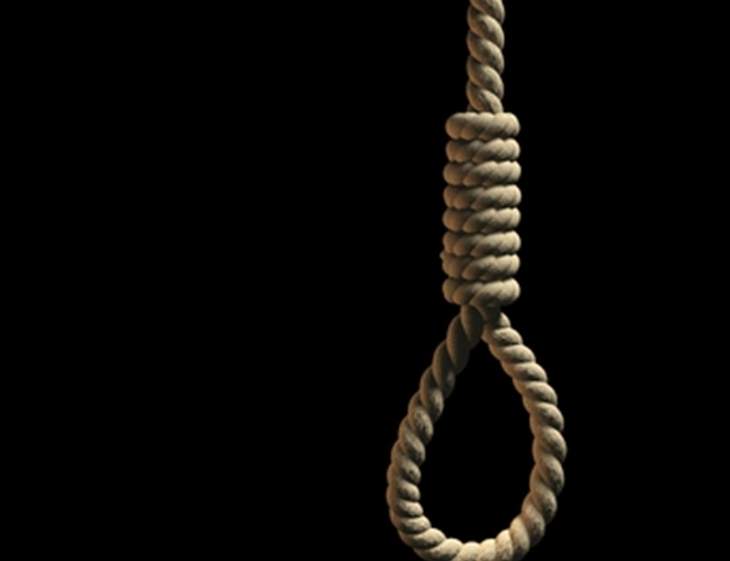
Human rights activists have reported that Karim Zargar, one of the former managers of Iran’s state-run TV (IRIB) and founder of an institution called Path of Knowledge, has been executed in Iran. According to HARANA, news agency of human rights activists, Zargar was executed on January 30 in Rajaee Shahr prison, Karaj. Karim Zargar and Marjan Davari, his ex-wife, had been sentenced to death on the charge of propagandizing and promoting Eckankar mystical movement – a spiritual movement founded in the 1960s isn the U.S. For years, Zargar was working in IRIB, and in his records included manager of overseas IRIB, manager of Channel One of IRIIB, and head of IRIB University.
BBC Persian
♦ 2 decades of news control and censorship in Iran

In a statement, Reporters Without Borders reiterated its condemnation of oppressive measures of Iranian officials during past 39 years. This NGO criticized condition of freedom of the press in Iran, saying that at least 350 media outlets were closed during past 2 decades, and about 800 journalists and citizen-journalists were summoned, detained and interrogated. Reporters Without Borders emphasized that these journalists were deprived of their legal rights at the time of arrests and trials. Meanwhile, Iran’s supreme leader Ali Khamenei calls Iran the freest country in the world. According to Reporters Without Borders, a number of journalists who had gone to Iran to cover stories of the anniversary of Iranian Revolution were banned from freely moving in Tehran.
Radio Farda
♦ Controversy over suggesting referendum
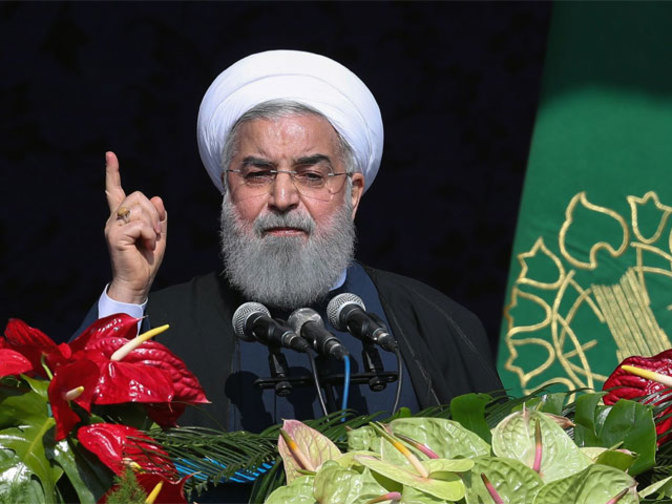
In his speech on the anniversary of the Iranian revolution, Iranian President Hassan Rouhani, citing Article 59 of the Iranian constitution, suggested holding a referendum over the country’s disputed issues. Rouhani’s remarks faced many reactions, among which response of spokesperson of Guardian Council Abbasali Kadkhodaee had a lot of reflection. Kadkhodaee called Rouhani’s views in this regard as uninformed, saying Article 59 is about powers of the legislative branch and “probably President has mistaken it with another article in the constitution”.
Shahrvand
♦ IRGC: All countries must use new waterway specified by Iran
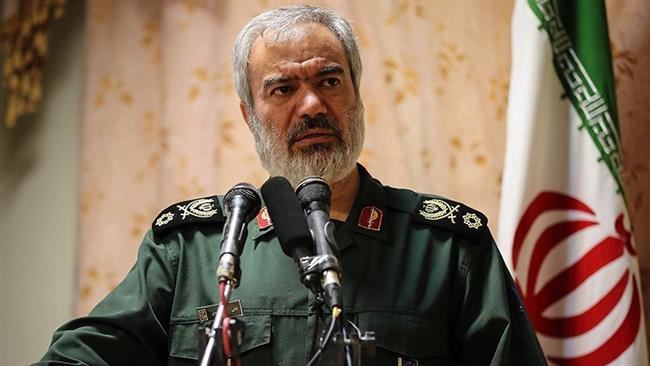
Commander of IRGC Navy, Brigadier-General Ali Fadavi, said in accordance with the new ratification of Supreme National Security Council, all countries including the U.S., Britain and New Zealand must use the waterway that is specified by Iran. Fadavi added that “for 10 years, they are using the waterway that we have specified in accordance with the new ratification of Supreme National Security Council, and they haven’t dared to violate this issue.”
Asr Iran
♦ 25% drop in the value of a national currency due to lack of managing currency market
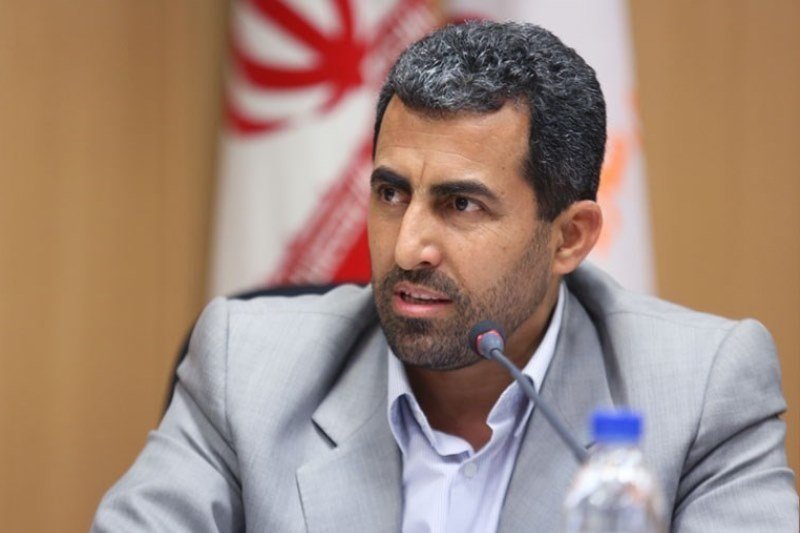
Mohammad Reza Pourebrahimi, Kerman MP and head of Economic Commission in the Parliament, expressed concerns over the condition of currency market in Iran, saying that due to lack of managing this market by the government, the value of the national currency has dropped 25% in past 2 months. He urged that apparently, the Central Bank isn’t capable of managing the currency market, asking the Parliament to give a notification to the president in this regard. Speaker of Parliament also said the Central Bank must make enough explanation with regard to the issue of rate of foreign currencies and offer solutions.
Currency market in Iran has experience sharp fluctuation recently, with the price of U.S. dollar reaching 4,840 tomans and British pound soaring to 7,000 tomans for the first time.
Mehr news
♦ Hekmatyar: ISIS is Iranian project, not American
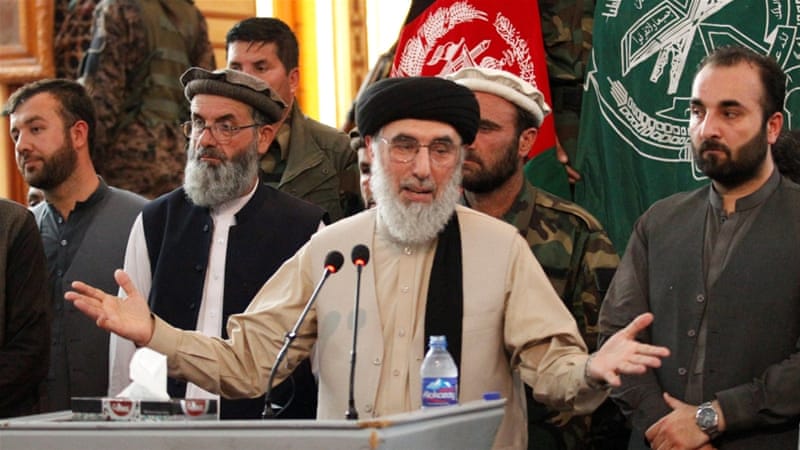
“ISIS is an Iranian project, and it is certainly a lie that ISIS was created by American”, said Chairman of Afghanistan Islamic Party Golbodin Hekmatyar in an interview with Aryana news network. He urged that in the name of ISIS, Iran has started its games in Syria and Iraq, and is trying to repeat those games in Afghanistan as well. Hekmatyar added Iranian regime has exploited the economic poverty of poor Afghan immigrants, deploying many of them to Syria under Fatemiyoun Division. According to Hekmatyar, 2,000 Afghans under the name of Fatemiyoun have been killed in the Syrian war, and thousands of Afghans wounded.
RFI
♦ Iranian ambassador meets with Pakistani army commander
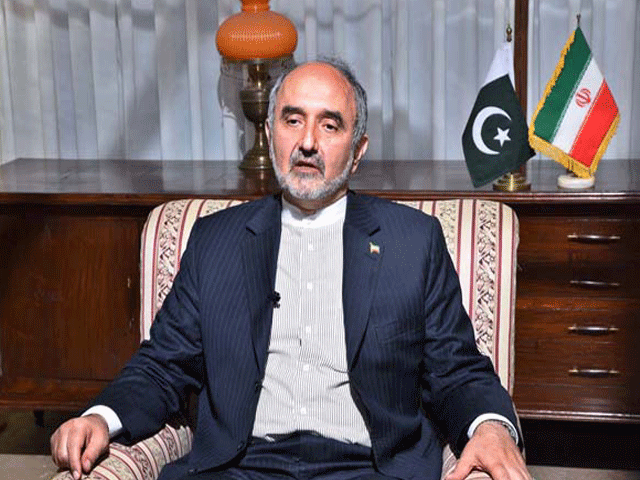
Iranian Ambassador to Pakistan Mehdi Honardoost met with General Qamar Javed Bajwa, Army Commander of this country. Public relation of Pakistani Army issued a statement, saying in this meeting both sides talked about different issues, particularly bilateral relationships, border cooperation, and also regional security issues.
IRIB news
♦ Shariatmadari called Rouhani’s suggestion for referendum, insult to demonstrators on 22nd of Bahman
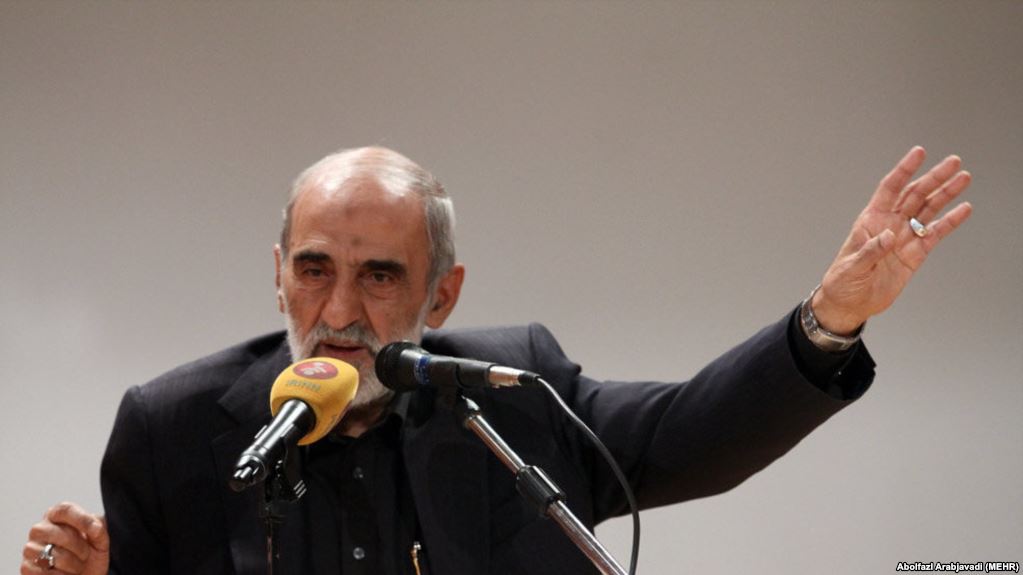
Hossein Shariatmadari, editor-in-chief of hardline Kayhan, said Iranian President Hassan Rouhani insulted millions of demonstrators on 22nd of Bahman (February 11, the anniversary of Iranian revolution) when he talked of the referendum. Shariatmadari added suggesting referendum by Rouhani in his speech on 22nd of Bahman shows “his dissatisfaction with the presence of tens of millions of people” in this demonstration because people with their presence in this demonstration emphasized on a foundation of the Iranian revolution. He called this an extensive referendum and saying ‘yes’ to the regime. Shariatmadari urged that suggesting referendum cannot mean anything but not hearing the message of this demonstration and ignoring the presence of the people.
In his speech on 22nd of Bahaman, Rouhani suggested that according to the Iranian constitution, political factions must resolve their disputes over “vital issues” by holding a referendum.
Tasnim news
♦ Zibakalam to Rouhani: Citizens’ rights do not end with label of espionage
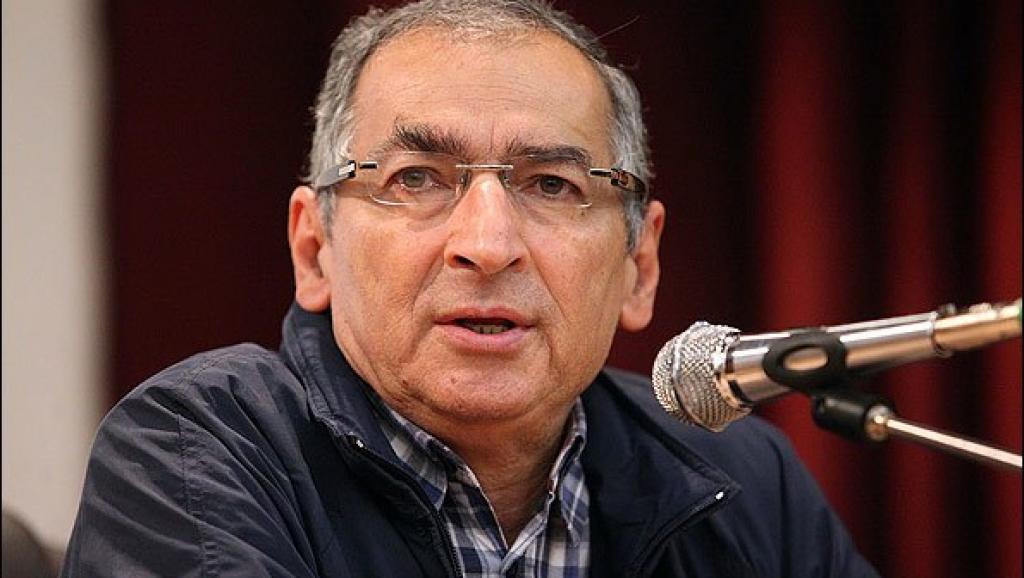
Sadegh Zibakalam, university professor, and reformist political activist wrote an open letter to Iranian President Hassan Rouhani regarding suspicious death of Kavoos Seyyed Emami in Evin Prison. Kavoos Seyyed Emami – environment activist, Ph.D. in sociology and professor in Imam Sadegh University – recently died in Evin Prison, and cause of his death was announced as suicide.
Zibakalam writes: “Mr. President, it seems that the charge of espionage has become a tool for imprisoning poor people who have been arrested for other reasons. A university professor has been teaching at Imam Sadegh University for more than 30 years; to which classified information had he had access to give to foreigners?” Zibakalam adds: “Mr. President, citizens’ rights, whatever that may be, cannot be violated with ‘label of espionage’. And what is more, behavior towards prisoners and suspects during interrogation is one of the most serious of these rights.”
Zibakalm continues: “Which part of our environment has been envied by the enemies that they had to resort to late Seyyed Emami and environment activists to engage in espionage for them?” At the end, Zibakalam asks from Rouhani: “As a defender of the constitution, answer this simple question: what do we do with our political and security prisoners that they think of committing suicide?”
Aftab news
♦ On anniversary of Iranian revolution: Death to Khamenei
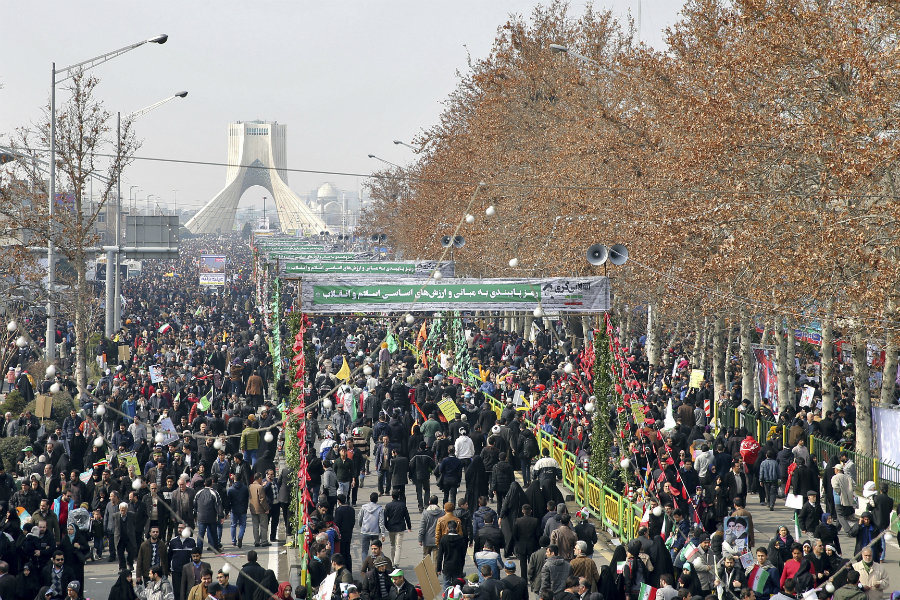
On the threshold of the anniversary of Iranian Revolution and despite Iranian regime’s oppressive forces being on alert, people in different parts of Tehran and Gohardasht in Karaj chanted slogans against the Iranian regime and the supreme leader Ali Khamenei. People chanted: “Death to Dictator”, “Death to Khamenei”, once again voicing their demand as to overthrowing the totality of Iranian regime. In cities of Kermanshah and Hamadan, similar slogans were chanted.
It must be mentioned that after recent popular protests all over Iran, the abovementioned slogans have become widespread throughout the country.
Daneshju online
♦ UN Special Rapporteur for Iran died
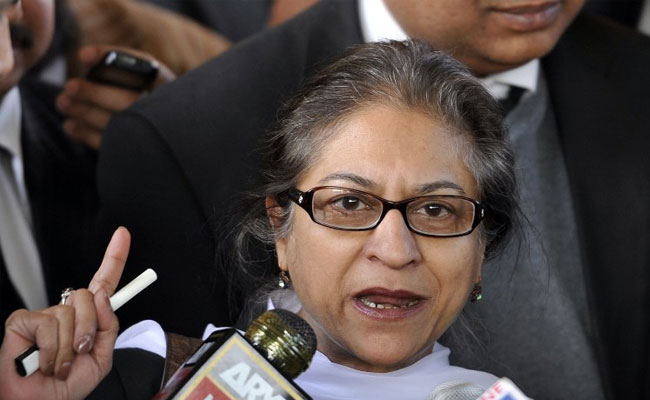
Asma Jahangir, United Nations Special Rapporteur for Human Rights in Iran, died on Sunday at the age of 66. According to Radio Mashaal of Radio Free Europe, Asma Jahangir died because of a heart attack. She was active in Iran’s affairs since November 2016 as Special Rapporteur on Human Rights in Iran and criticized conditions of human rights in Iran in several reports. Jahangir was one of the famous lawyers and human rights activist in Pakistan and was the founder of Human Rights Commission in this country.
Radio Farda
♦ Iran receives Sukhoi Superjet 100

Manager of Public Relation of Iran Civil Aviation announced that an aircraft, Sukhoi Superjet 100, along with its engineering team, would land in Mehrabad Airport in Tehran on February 12. He added that this aircraft has 100 seats, with capacity for regional and short-range flights.
Arman Emrouz
♦ Formulating cyber laws in Iran
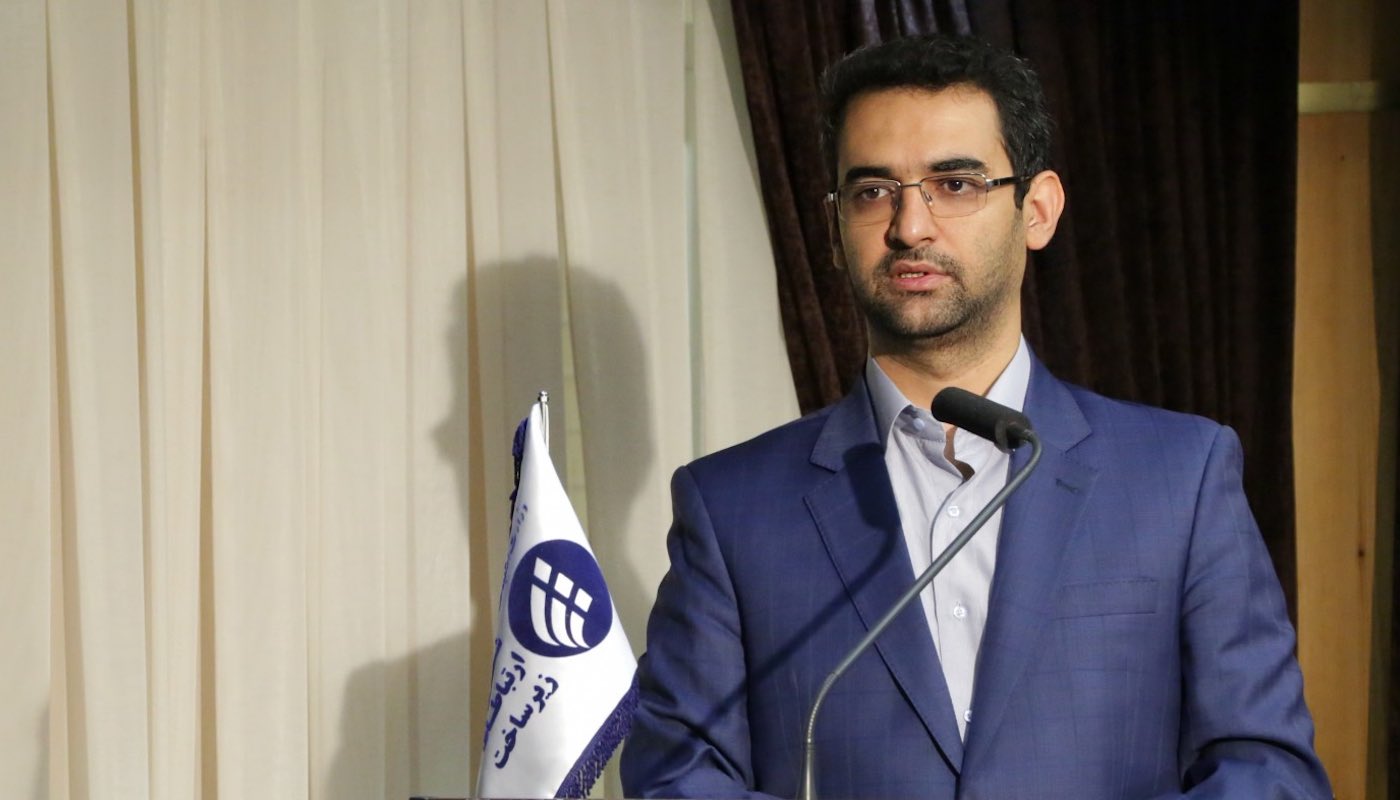
Minister of Telecommunication and Technology Mohammad Javad Azari Jahromi announced efforts to formulate integrated cyber legal system, in coordination with domestic laws and international relations. In his Twitter, Azari Jahromi wrote: a cyber legal system of Iran will be formulated with obtaining experts’ views.
Iran
♦ Iran to increase oil production for 700 thousand barrels
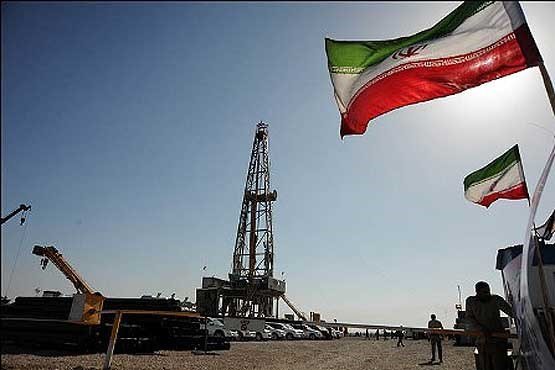
Deputy oil minister Amir Hossein Zamaninia said Iran intends to increase its capacity of oil production from 4 million to 4.7 million barrels per day in next 4 years. He added that in case Iran signs contracts for development of 4 oil fields with international companies, oil production can increase up to 1 million barrels per day.
Abrar Eqtesadi
♦ Several arrests regarding espionage case

Tehran prosecutor Abbas Jafari Dolatabadi announced identifying and arresting several suspects with regard to an espionage case. Jafari Dolatabadi said these people, in form of scientific and environmental projects, gathered classified information of the country in strategic fields and were arrested by one of the security entities of Iran.
Recently Kavoos Seyyed Emami, university professor, and environmental activist lost his life in prison, two weeks after being arrested. According to his son, prison’s officials have told his family that he had committed suicide in prison.
ISNA
♦ Rouhani: U.S. pulling out of JCPOA, strategic mistake
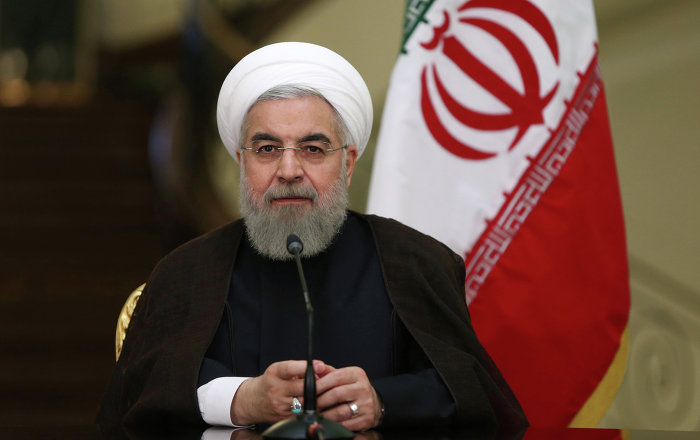
Iranian President Hassan Rouhani called the nuclear deal between Iran and P5+1 (JCPOA) a significant model for a peaceful approach to resolving global issues and problems, which can make the world and the region more secure, and benefit from better economic relationship and cooperation.
Rouhani added that if JCPOA had been completely implemented, Iran would have been ready to negotiate about other complicated significant issues. According to the Iranian president, if the U.S. decides to pull out of JCPOA, it has committed a strategic mistake.
Fars news agency
♦ Quds Force to back Fath-Mubin coalition’s campaign in Iraq
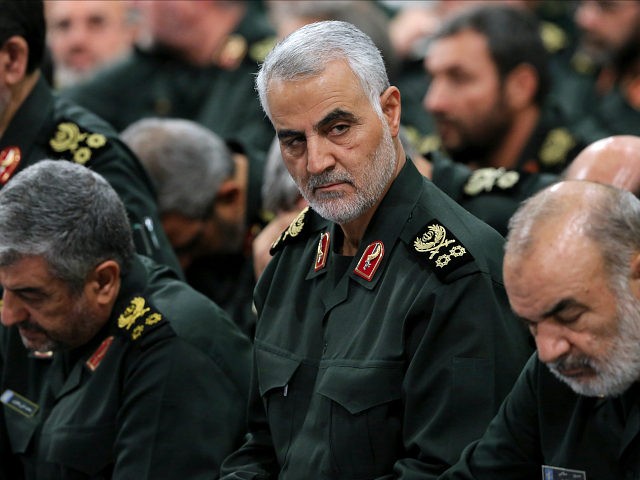
Quds Force of IRGC is seeking to back election campaign of Fath-al-Mubin coalition in Iraq, led by Hadi Ameri who is a close friend of Qassem Suleimani, commander of Quds Force. According to news website Kurdistan 24, Iran tries to support Popular Mobilization Forces, which will take part in Iraq’s upcoming election within the framework of Fath-al-Mubin coalition, to increase the influence of this paramilitary group in Iraq’s future parliament.
According to news-analysis website Business Insider, Iranian Ambassador to Iraq Iraj Masjedi is going to help Fath-al-Mubin coalition’s campaign so that it can obtain most seats in the Iraqi parliament.
Iran Internationa
♦ 63% of unemployed have diploma or more
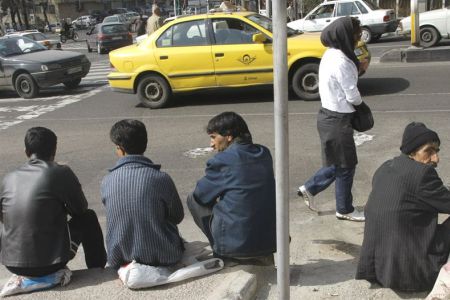
Deputy of Rural development and Deprived Regions in Iran, Abulfazl Razavi, said 63% of the unemployed in the country have high school diplomas or more, which means that traditional jobs do not have enough attraction. He added that if Khomeini’s remarks were implemented in the country, then exporting the revolution would have been very easy. Razavi urged that due to lack of attention to creating rural employment opportunities, Iran faces the issue of immigration from villages to cities.
ISNA
